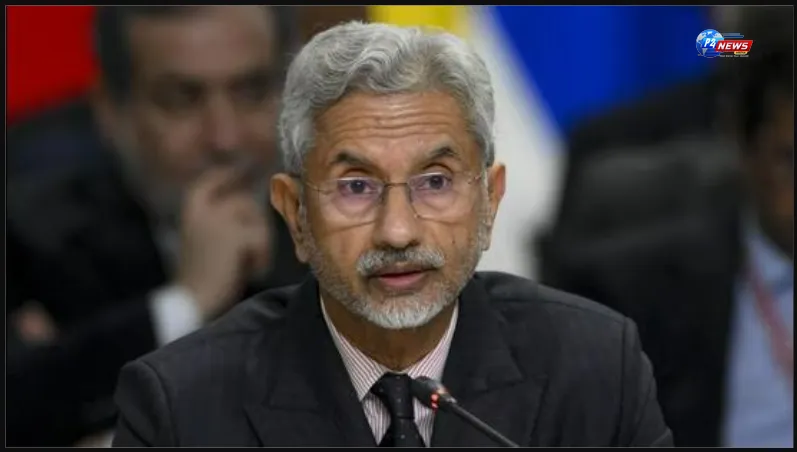Jaishankar highlighted the Quad's expansion as a key platform for enhancing inter-governmental collaboration, emphasizing its increasing significance in global coordination among member nations.
Jaishankar highlighted the Quad's expansion as a key platform for enhancing inter-governmental collaboration, emphasizing its increasing significance in global coordination among member nations.
In a recent statement, External Affairs Minister S. Jaishankar expressed confidence that the new administration under US President-elect Donald Trump would maintain its commitment to the Quadrilateral Security Dialogue, commonly known as the Quad. Jaishankar underscored that Trump's previous administration played a pivotal role in enhancing the Quad, which unites India, Australia, Japan, and the United States. Speaking at the India-Japan Forum, he emphasized the ongoing growth of this coalition, characterizing it as one of the most extensive frameworks for intergovernmental collaboration.
The revival of the Quad in 2017 during Trump's first term marked a significant development in international relations. Jaishankar credited the former president with laying the groundwork for the Quad's resurgence, indicating that it began at a vice ministerial level in 2017 and was elevated to the foreign ministerial level in 2019. This incremental progression reflects a commitment to strengthening ties and fostering cooperative security efforts among the member nations.
Moreover, Jaishankar noted that as the Quad continues to evolve, it operates on principles that align with Trump's approach to international alliances, which emphasizes shared responsibilities among partners. He pointed out that this framework effectively counters any narrative suggesting that one nation is a weak link within the group, highlighting that all four countries contribute equally to the undertakings of the Quad.
In addressing perceptions regarding India's role within the Quad, Jaishankar referred to sentiments that have circulated in Japan about India being considered a weaker partner. He reflected on similar perceptions about Japan’s role historically, indicating that such notions have existed within various contexts. He elaborated on how earlier discussions involved Australia considering withdrawing from the Quad, illustrating the complexities of international alliances.
With India set to host the forthcoming Quad Summit in 2025, the minister reaffirmed the growing significance of the Quad's agenda, which encompasses various areas of cooperation beyond security, such as trade and technology. He cited shared experiences between India and Japan, particularly in managing relationships with China. Jaishankar explained that while trade ties have been substantial, they are also characterized by imbalances and market access challenges.
The minister also discussed the ramifications of the standoff along the Line of Actual Control (LAC) with China, which began in 2020 and significantly impacted bilateral relations. He made it clear that the previously stable relationship was fundamentally linked to peaceful conditions along the border, a situation that was disrupted by the escalation of military forces by China. Jaishankar mentioned that it required extensive negotiations over several years to foster disengagement and that challenges remain in achieving full de-escalation.
In addition to security and diplomatic concerns, Jaishankar pointed out the potential for collaboration between India and Japan in the semiconductor sector. Both nations are actively working to bolster their semiconductor industries, which are vital to global supply chains and technological advancements. As Japan revitalizes its semiconductor capabilities and India initiates its own semiconductor mission, there is a promising avenue for transformative partnership, especially with Taiwan's involvement in this critical sector.
Through these perspectives, Jaishankar illustrated a comprehensive view of the Quad's trajectory, the necessity of shared burdens among member nations, and the intricate dynamics of regional relationships, particularly with China. His remarks suggest a forward-looking approach to international collaboration, emphasizing the importance of strategic partnerships in addressing contemporary geopolitical challenges.
Like
Dislike
Love
Angry
Sad
Funny
Pray
'Trump Tracker: Tulsi Gabbard's Surprising Appointment as US Intelligence Chief
November 14, 20249th Ayurveda Day in Melbourne: A Celebration of Ayurvedic Innovations and Global Health Impact
November 10, 2024🍪 We Value Your Privacy and Experience Hi there! We use cookies to enhance your browsing experience, provide personalized content, and analyze site traffic. By continuing to use our site, you consent to our use of cookies.







Comments 0